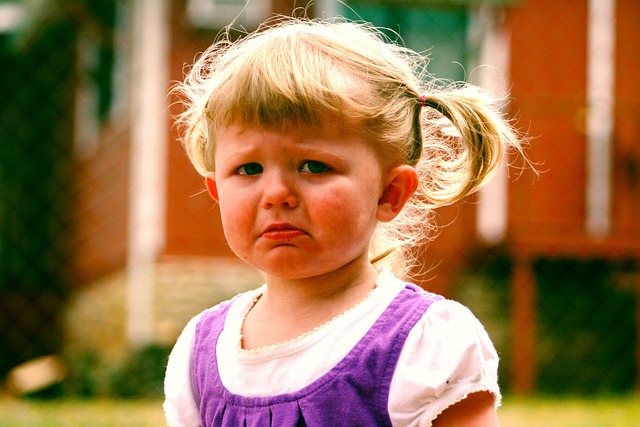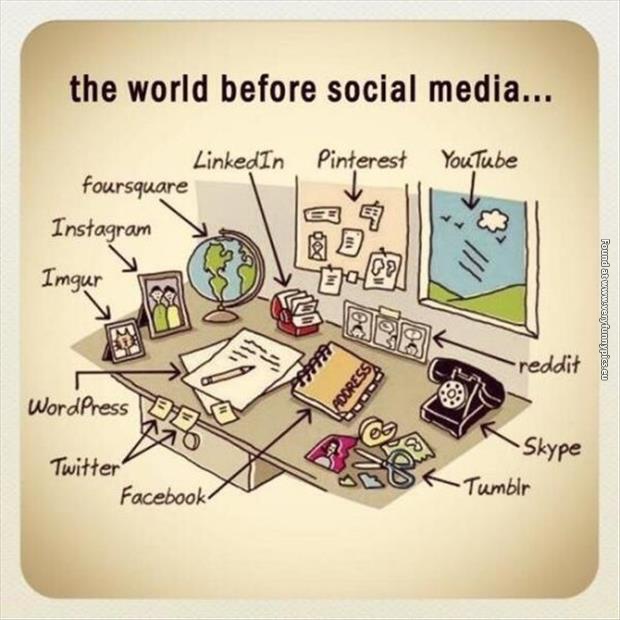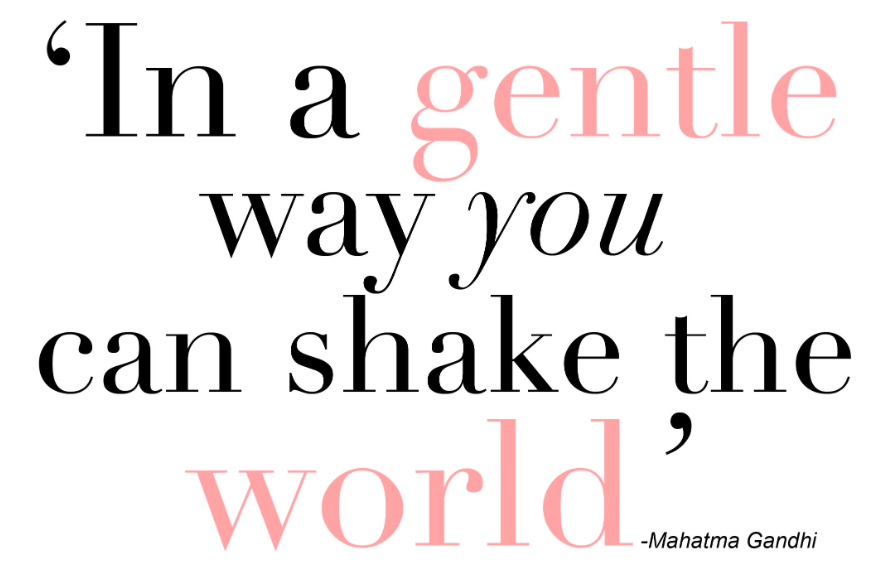
HOW TO DO STRATEGIC EXPERIMENTS TO OVERCOME SOCIAL ANXIETY
Social anxiety doesn’t occur out of blue like panic attacks often do. There was an event, a stressful situation in your past – – sometimes obvious, sometimes not – – that started the ball rolling on your path to becoming a socially anxious person. That social trauma led you to develop a negative image of yourself in similar… Continue reading














